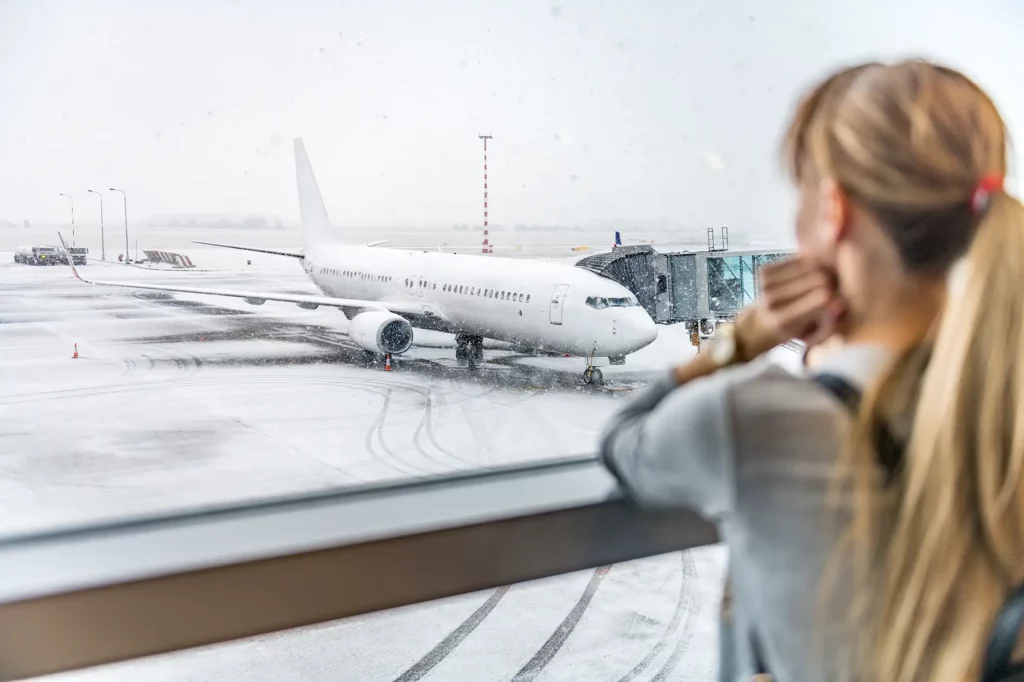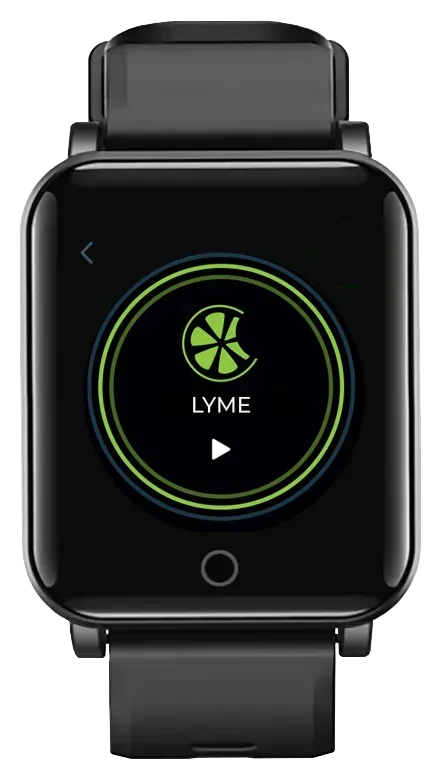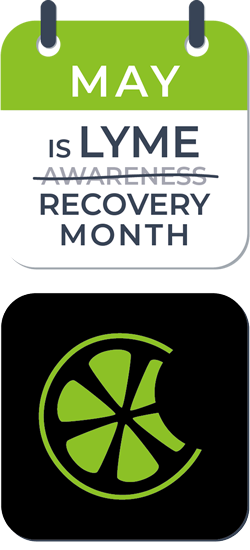You’re eager to enjoy the holiday season, but worry about disrupted sleep? Don’t fret! You can balance both festive fun and restful slumber.
This guide will show you how to craft a sleep-inducing sanctuary, maintain sleep consistency, and utilize nutrition and relaxation techniques for optimal rest.
Key takeaways
- Recognition of Sleep Disruptions: Common sleep disturbances during the holidays, such as travel-induced insomnia and jet lag, can be addressed by maintaining a holistic approach to physical, mental, and emotional well-being.
- Importance of Sleep Hygiene: Good sleep hygiene is crucial for overall health. This includes limiting alcohol and caffeine, sticking to bedtime routines, and optimizing the sleeping environment.
- Crafting a Sleep-Inducing Environment: Protect your sleep setting during holiday travel by maintaining consistent bedtime routines, regulating temperature and lighting, and creating a peaceful atmosphere.
- Balancing Festivities with Restful Sleep: Manage holiday stress and maintain a balance between enjoying festivities and ensuring quality sleep with mindful eating, hydration habits, and relaxation techniques like meditation and aromatherapy.
Recognizing Holiday Sleep Disruptions
During the festive season, you’re likely to encounter disruptions in your sleep routine due to the surge in activities and celebrations. Travel-induced insomnia can creep in as you find yourself in unfamiliar sleeping environments or dealing with jet lag.
While these holiday stressors might seem unavoidable, you’re not without options. Recognizing these disruptions is the first step towards reclaiming your sleep freedom. It’s important to maintain a holistic approach, taking into account physical, mental, and emotional factors that may be influencing your sleep.
Don’t let the holiday season rob you of your well-deserved rest. By being aware of potential sleep disruptors and addressing them proactively, you can ensure that your holiday season is restful and rejuvenating.
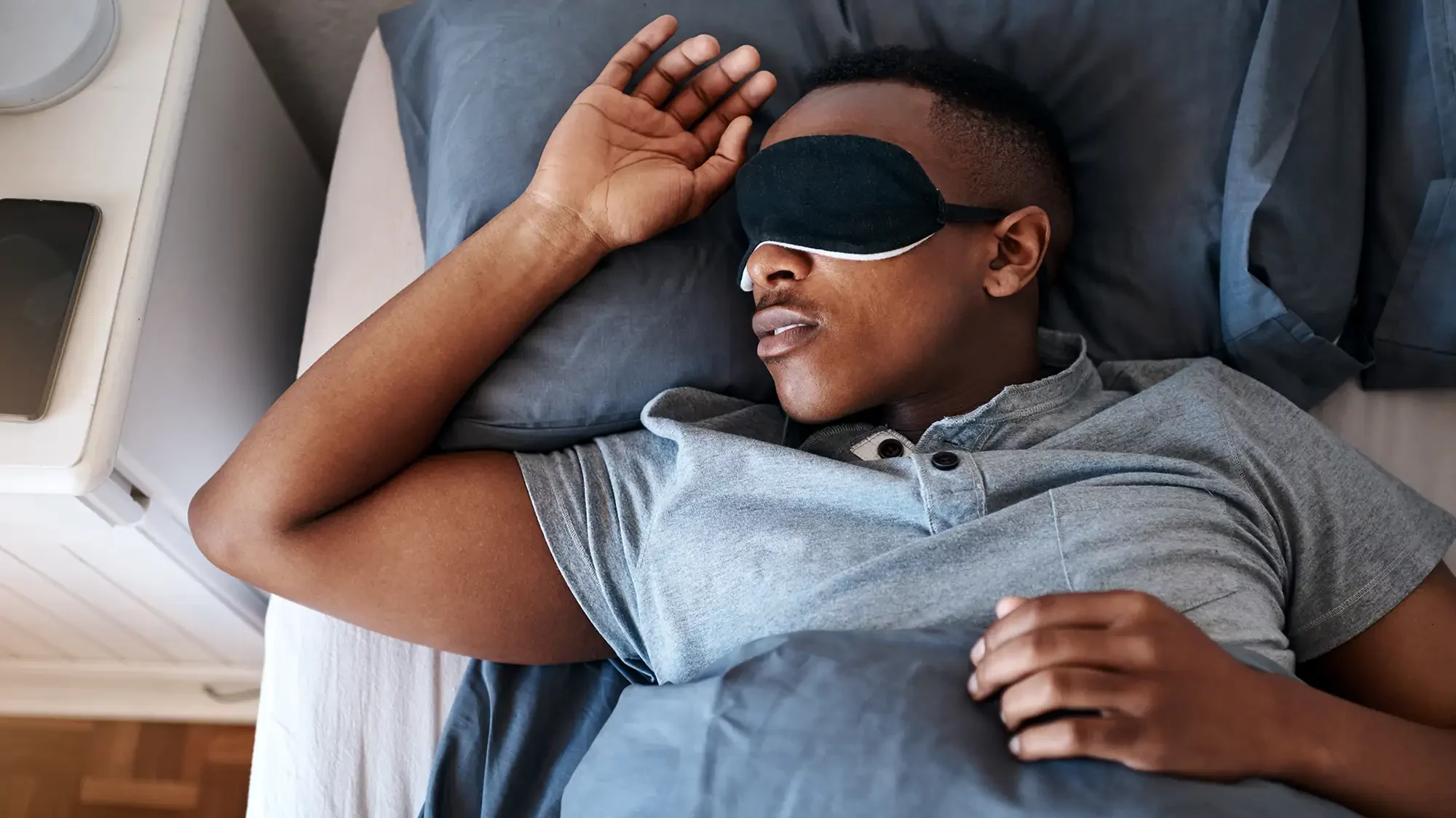
The Importance of Sleep Hygiene
Amid holiday chaos, it’s crucial that you don’t neglect your sleep hygiene, as it plays a pivotal role in your overall health and well-being. The benefits of maintaining good sleep hygiene are myriad. It can improve your mood, boost your immune system, and enhance your cognitive functions.
Limiting alcohol and caffeine, maintaining a bedtime routine, and optimizing your sleep environment as much as you can all contribute to better sleep hygiene and help you fall asleep effortlessly.
Crafting Your Sleep-Inducing Sanctuary
Often, you’ll find that adjusting your sleeping environment can significantly improve your quality of sleep, especially during holiday travel. While you may not have much control over a guest room or hotel room, there are still things you can do:
- Consistent bedtime and sleep routine: Try to maintain roughly the same sleep time, and if you have a particular routine before bed such as a few minutes of meditation, yoga, or a cup of herbal tea, do these before bed to maintain consistency.
- Temperature: A cooler environment promotes better sleep. Aim for under 18 degrees Celsius or 65 degrees Fahrenheit. If you aren’t able to adjust the thermostat, consider layering blankets as needed.
- Lighting: Dimmed lights signal your body it’s time to rest, while darkness helps you achieve deeper rest. Close the blinds or curtains, cover any bright LEDs from electronic gadgets, and consider an eye mask as well.
Balancing Festivities and Rest
While you’re likely to be caught up in the whirlwind of holiday fun, you mustn’t let your sleep habits fall by the wayside. Striking a balance between holiday travel and restful sleep can be challenging but achievable.
Be mindful of the noise levels during festive gatherings. You can still enjoy the merriment without cranking up the volume too high. After all, a peaceful environment fosters better sleep. If you do need to unwind after a lively gathering, a few minutes of mindful breathing or meditation before sleep can be helpful.
Holiday stress management is another key component. Whether it’s travel-related, or uncomfortable conversations with family members, stress seems part and parcel with the holidays, and it can very easily impact your sleep. Take a breath, and try to put it all in perspective. The holidays are about friends and family, not that delayed flight or your uncle’s political zeal.
Embrace the fun of the season, but don’t forget your well-being. Celebrate well, and sleep well!
Nutrition for Optimal Slumber
Shifting gears from balancing festivities and rest, let’s dive into how your holiday food choices can impact your slumber. It’s crucial to align your nutrition to enhance your sleep, while still indulging in holiday treats. Here’s a handy list to guide you:
- Bedtime Snacks: Opt for light, sleep-inducing snacks like almonds or a small turkey sandwich. Avoid heavy or sugary foods that can disrupt sleep.
- Hydration Habits: Limit alcohol and caffeine intake, especially before bed. Choose herbal teas or water instead.
- Balanced Meals: Traditional holiday meals and snacks are hardly the best example of healthy eating! Focusing on a healthy balance of proteins, vegetables, and healthy fats for the rest of your meals can help balance it out.
- Mindful Eating: Pay attention to portion sizes and give your body time to digest before heading to bed.
- Supplements: There are many natural sleep supplements like melatonin or magnesium that can help, you don’t need to reach for over-the-counter medications like sleeping pills!
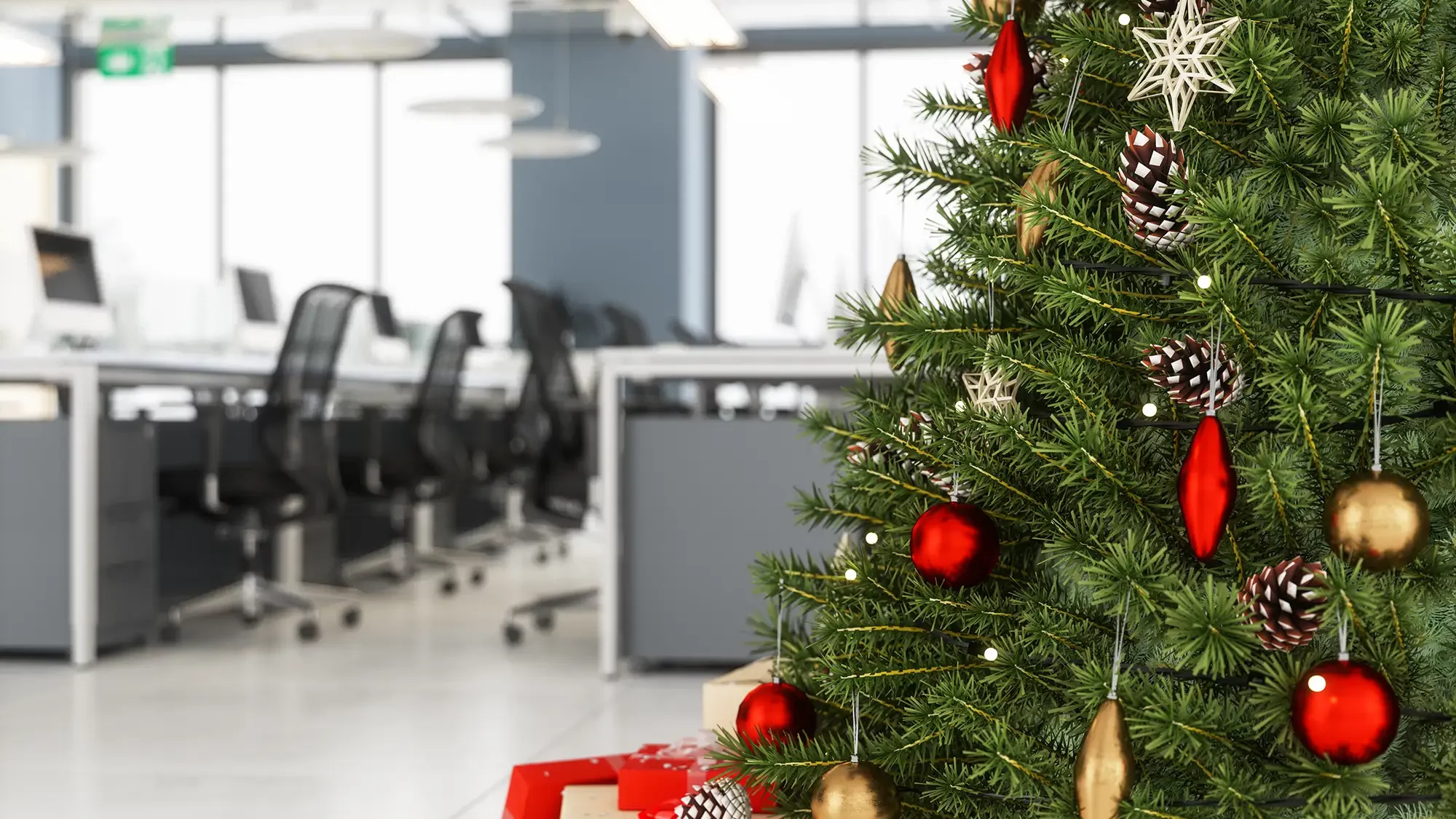
Relaxation Techniques for Sleep
After sorting out your holiday nutrition, it’s time to focus on relaxation techniques that can further enhance your sleep.
Embrace meditation, as its benefits are manifold. Not only does it relax your mind, but it also helps in achieving deeper, more restful sleep. Practice mindfulness, concentrate on your breathing, and let stress melt away. Just ten minutes daily can make a significant difference.
Next, explore the uses of aromatherapy. Essential oils like lavender and chamomile can create a tranquil environment conducive to sleep. Just a few drops in a diffuser or on a cotton ball near your bed before bedtime and you’re in for a peaceful slumber.
Maintaining Sleep Consistency During Holidays
You’ll find that sticking to a regular sleep schedule, even during holidays, is crucial for maintaining healthy sleep habits. Here are a few strategies to help you achieve this:
- Travel Adjustments: If you’re traveling across time zones, gradually adjust your sleep schedule a few days before departure. This can help reduce jet lag.
- Manage Seasonal Affective Disorder (SAD): Shorter days can disrupt your sleep. Consider light therapy or professional help if you’re affected.
- Limit Alcohol: It might seem festive, but it can disrupt your sleep cycle.
- Exercise Regularly: Staying physically active can help regulate your sleep.
- Use bioenergetic technology: NIKKI’s sleep programs can help you fall asleep no matter where you are!
Conclusion
To ensure restful sleep during the holidays, it’s essential to recognize and manage sleep disruptions caused by travel and festivities. Maintaining healthy habits for sleep like consistent bedtime routines, a cool and dark sleep environment, and mindful eating and hydration practices are key. Balancing holiday celebrations with relaxation techniques such as meditation and aromatherapy, and sleep wearable technologies like NIKKI, can further enhance sleep quality. By adopting these strategies, you can enjoy the holiday season while still getting a good night’s sleep wherever you are.
Frequently Asked Questions
Can my NIKKI be used during a flight?
Absolutely! That’s a fantastic time to use NIKKI’s stress & anxiety program, travel program, sleep or even energy, depending on what you need. And, since NIKKI’s wireless connectivity can be disabled, it’s perfectly suited to air travel.
My jet lag isn’t going away, do I have a sleep disorder?
Depending on how far, and even which direction, you travel, jet lag can be an issue! It can take several days for your internal clock and sleep patterns to return to normal. Being awake at odd hours of the night or daytime sleepiness after a trip across time zones is very common, but these sorts of sleeping problems weeks later may suggest a sleep disorder. Talk to your doctor or look into sleep clinics in your area if other approaches aren’t working for you.
Will using a NIKKI replace my melatonin/sleep supplement?
Many people find that they can reduce or even eliminate their regular sleep supplements when using NIKKI’s sleep programs, but ultimately you’ll discover the best approach for your body.
